
Providing affordable, accessible, high quality, relevant Science Engineering and Technology programmes
As many as 25 sub-Saharan African countries are in the throes of an energy crisis and less than a quarter of the region’s population has access to electricity, according to the World Bank. These bleak statistics underline the urgent need for solutions of the kind that the UNESCO-Unisa Africa Chair in Nanoscience and Nanotechnology is investigating.
The chair’s research involves using nanotechnologies to explore feasible solar energy and water purification methods, often in collaboration with partners across the continent and further afield.
The latest collaboration is with Ireland’s leading nanosciences institute, the Centre for Research on Adaptive Nanostructures and Nanodevices (CRANN) at Trinity College, Dublin.
It was initiated by Force Tefo Thema, a nanoscience and nanotechnology PhD student, who recently visited CRANN in Ireland hoping to attain a memorandum of agreement. The purpose of his two weeks, from 28 August to 11 September, was to enter into a scientific collaboration that will help deliver effective solutions for developing countries such as South Africa and Botswana.
Thema, who also visited the school of business at the University of Leeds in the United Kingdom, says although the collaboration with CRANN is still in its infancy, the aim is to cultivate a long-term scientific association.
Professor Malik Maaza, incumbent of the UNESCO-Unisa Chair in Nanoscience and Nanotechnology, agrees. “It is important that this envisaged baby should be born with delicacy and be nurtured in order to result in a fruitful long-term result,” he says.
“It is indeed critical that we exploit some avenues for funding this visionary long-term research collaboration between Africa and Ireland,” says Dr Colm Faulkner, Business Development Executive of CRANN.
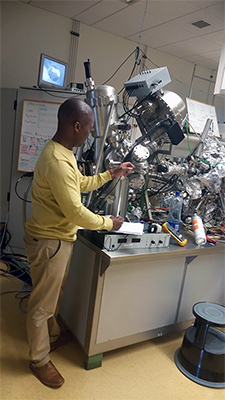
Force Tefo Thema inspecting one of the state-of-the-art facilities at the CRANN labs, Dublin, Ireland |
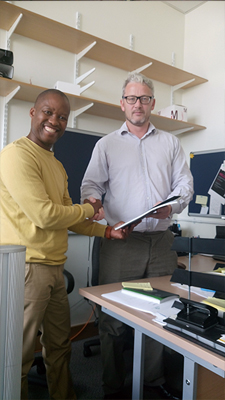
Force Tefo Thema handing the UNESCO-Unisa Africa Chair in Nanoscience & Nanotechnology annual report to Dr Colm Faulkner of CRANN, Dublin, Ireland |
*By Mpho Moloele
Publish date: 2016/10/18
 Unisa celebrates a project of hope, dignity and student success
Unisa celebrates a project of hope, dignity and student success
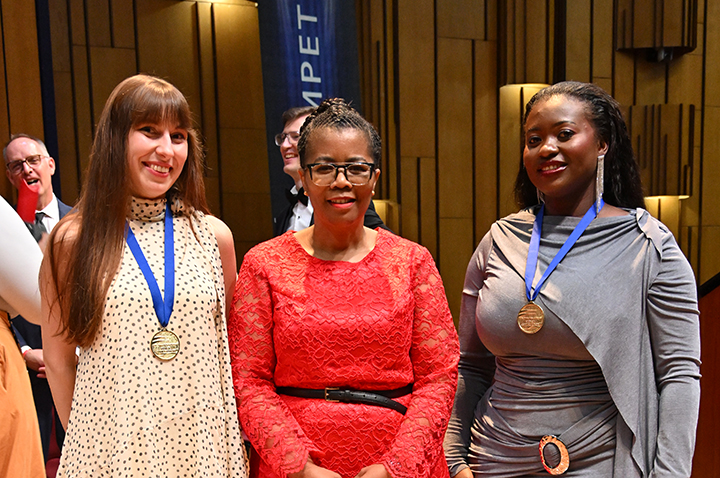 Women vocalists take top honours at Unisa's globally renowned showcase
Women vocalists take top honours at Unisa's globally renowned showcase
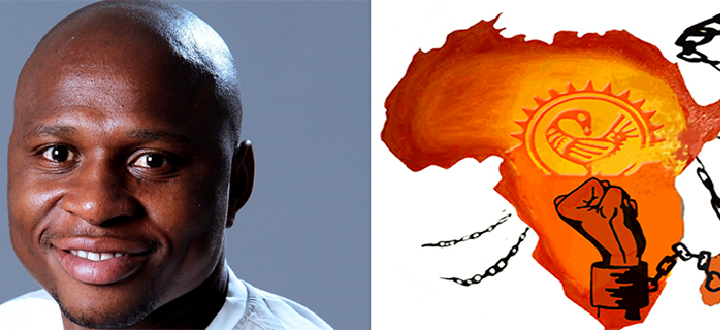 African wealth is dependent on investment in education and development
African wealth is dependent on investment in education and development
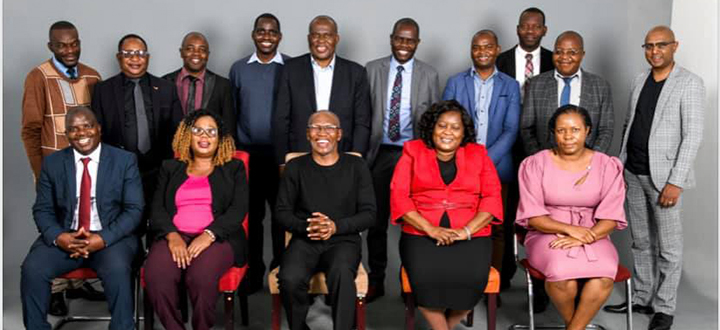 Unisa celebrates matric result success at Correctional Services ceremony
Unisa celebrates matric result success at Correctional Services ceremony
 Unisa ICT Director recognised among acclaimed IT leaders
Unisa ICT Director recognised among acclaimed IT leaders